
December 2020
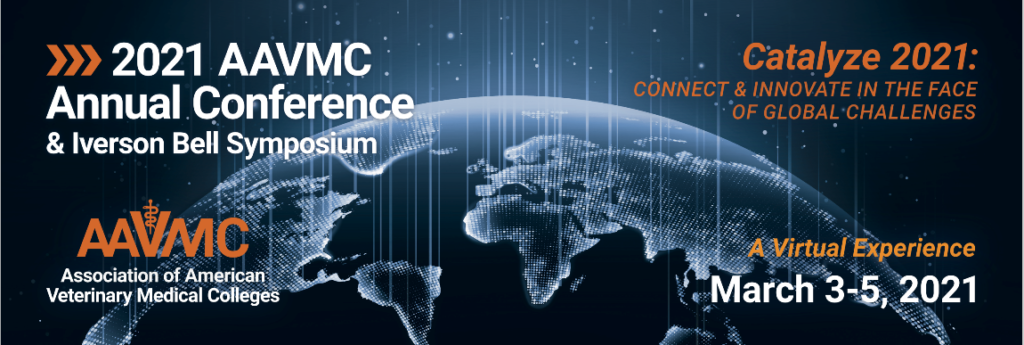
Dolmage, Author of “Academic Ableism,” to Address 2021 AAVMC Annual Conference
One of the world’s leading experts in disability rights and higher education will present a keynote address during the AAVMC’s 2021 Annual Conference and Iverson Bell Symposium, which will be presented as a virtual experience March 3-5, 2021.

Dr. Jay Dolmage, a professor at the University of Waterloo and author of the acclaimed “Academic Ableism: Disability and Higher Education” will speak on March 4 from 3:15 – 4:15 p.m.
Dolmage, who also authored “Disability Rhetoric” in 2014 and “Disabled Upon Arrival: Eugenics, Immigration and the Construction of Race and Disability” in 2018, is the founding editor of the Canadian Journal of Disability Studies.
Planning continues for the first virtual presentation of an AAVMC annual conference, themed “Catalyze 2021: Connect & Innovate in the Face of Global Challenges.” The meeting will include a wide array of experts and panelists speaking during 24 break-out sessions offered through three concurrent sessions. Each day will conclude with a half-hour plenary wide Q&A session.
The meeting will also include three major keynotes, the presentation of the AAVMC’s annual professional achievement and service awards, as well as a dozen newly produced video presentations, according to AAVMC Manager for Meetings and Events Ms. Leslie Wilson. The virtual meeting experience will be enhanced with networking opportunities and innovative features like thematic trivia exercises, a virtual photo booth and other programs.
Registration is open and more information is available through the link.
AAVMC Announces 2021 Professional Excellence and Service Award Honorees, Student Scholarship Winner

The AAVMC has announced the recipients of five awards that recognize professional excellence, achievement and service in academic veterinary medicine. The professional awards, as well as a student scholarship award, will be presented during the AAVMC’s 2021 Annual Conference and Iverson Bell Symposium, which will be held virtually March 3-5, 2021.
“These awards recognize outstanding veterinary medical educators who excel in various areas of academic veterinary medicine,” said AAVMC Chief Executive Officer Dr. Andrew T. Maccabe. “Their leadership and dedication serves as a model of excellence for their colleagues and inspires upcoming generations of veterinarians. We look forward to honoring these extraordinary individuals and recognizing their achievements during our 2021 annual conference.”
The award winners are:
- Dr. Steve Hines from the Washington State University College of Veterinary Medicine (WSU-CVM), is the recipient of the 2020 AAVMC Distinguished Veterinary Teacher Award, presented by Zoetis.
- Dr. Juergen (Jürgen) A. Richt, from the Kansas State University College of Veterinary Medicine (KSU-CVM) is the recipient of the 2021 AAVMC Excellence in Research Award. The award is sponsored by Elanco.
- Dr. Michael J. Blackwell from the University of Tennessee College of Social Work is the recipient of the 2021 Senator John Melcher, DVM Leadership in Public Policy Award. The award is sponsored by the Animal Policy Group.
- Dr. Ruby Perry, dean of the Tuskegee University College of Veterinary Medicine (TUCVM), is the recipient of the 2021 Iverson Bell Award. The award is sponsored by Banfield.
- Dr. Corrie Brown from the University of Georgia College of Veterinary Medicine and Biomedical Sciences (UG-CVMBS) is the recipient of the 2021 AAVMC Billy E. Hooper Award for Distinguished Service. The award is sponsored by the AAVMC.
The student scholarship winner is:
- Melissa Sheth, a student at the University of Wisconsin School of Veterinary Medicine (UW-SVM), is the recipient of the Patricia M. Lowrie Diversity Leadership Scholarship.
The AAVMC Distinguished Veterinary Teacher Award, presented by Zoetis, is considered one of the most prestigious teaching awards in international academic veterinary medicine. It recognizes excellence in professional veterinary medical education and is presented to an educator whose sustained record of teaching excellence and ability, dedication, character and leadership has contributed significantly to the advancement of the profession.
Dr. Steve Hines
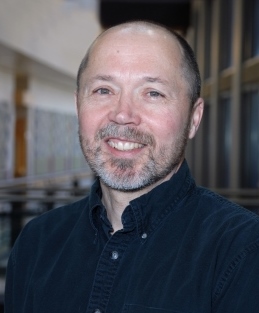
Dr. Hines, who has won numerous teaching awards, is the Berger Keatts Distinguished Professor for Excellence in Teaching in the Department of Veterinary Microbiology and Pathology in the College at WSU-CVM. His teaching approach encourages critical thinking, clinical communications, collaboration, and clinical reasoning skills. At WSU CVM, he pioneered the Diagnostic Challenge exercises, which are high-fidelity clinical simulations that involve simulated clients and WSU alumni. Dr. Hines also helped spearhead the development of teaching academies, both at WSU and as a movement to improve veterinary medical education overall.
The AAVMC Excellence in Research Award designates the outstanding veterinary medical researcher of the year, as selected by a committee of peers. The AAVMC Board of Directors established the annual research award in 2010 to recognize outstanding research and scholarly achievements in the field of veterinary medicine. It recognizes an individual who, over the course of his or her career, has demonstrated excellence in original research, leadership in the scientific community, and mentoring of trainees and colleagues in any discipline of veterinary medicine.
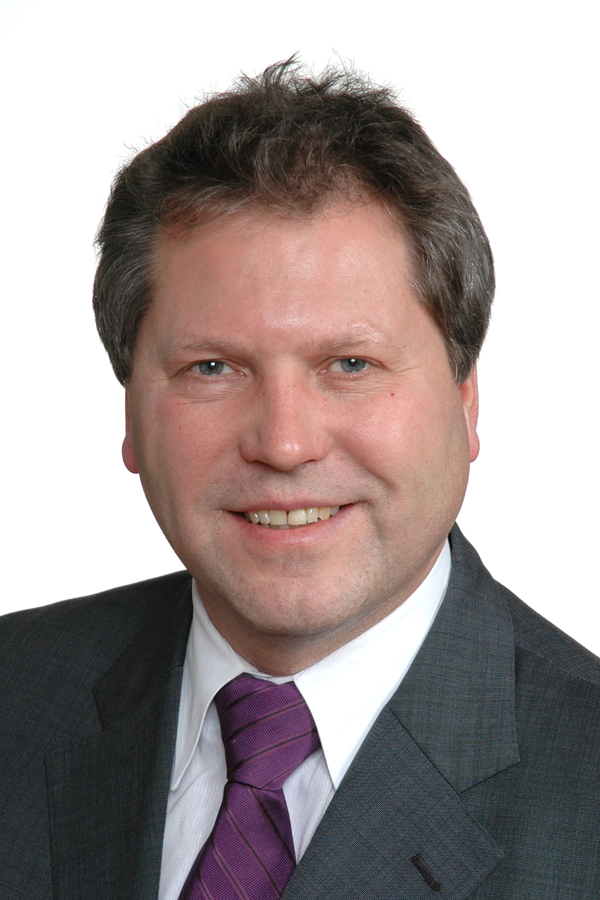
Dr. Juergen (Jürgen) A. Richt
Dr. Richt is the Regents and University Distinguished Professor at KSU-CVM. Dr. Richt investigates zoonotic, emerging and transboundary diseases of livestock, focusing mainly on viral diseases. His work has led to strategies to identify, control and/or eradicate pathogens with significant impact on veterinary medicine, human health and food security. His recent work focuses on the establishment of preclinical animal models for SARS-CoV-2 in order to evaluate the efficacy of vaccines and therapeutics for COVID-19.
The Senator John Melcher, DVM Leadership in Public Policy Award, established in 2007, is presented to current or former faculty, staff, or students at an AAVMC member institution to recognize leadership in public policy that advances veterinary medical education and success in advocating for veterinary medical education on a national or international scale.
Dr. Michael J. Blackwell
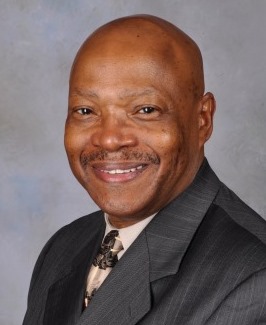
Dr. Blackwell currently serves as the Director of the Program for Pet Health Equity at the University of Tennessee, which exists to improve access to veterinary care, especially for families with limited means. He has served as dean of the College of Veterinary Medicine, University of Tennessee; chief of staff, Office of the Surgeon General of the U.S.; deputy director of the Center for Veterinary Medicine, Food and Drug Administration; and chief veterinary officer of the U.S. Public Health Service and The Humane Society of the United States. He achieved the rank of Assistant Surgeon General of U.S. Public Health Service Commissioned Corps during 23 years on active duty. He has received numerous awards and recognitions, including the Distinguished Service Medal from the U.S. Public Health Service.
The Iverson Bell Award recognizes outstanding leadership and contributions in promoting opportunities for under-represented minorities in veterinary medical education.
Dr. Ruby Perry
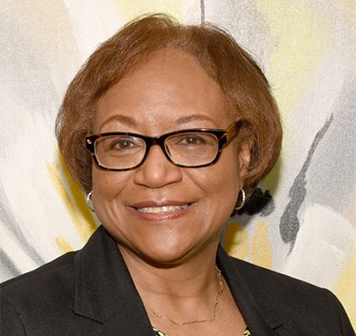
Dr. Perry is dean and professor of veterinary radiology at TUCVM, which is the most diverse veterinary medical school in the United States. She is TUCVM’s first female dean, the first African American female board-certified veterinary radiologist, and the first veterinary alumna to serve as Tuskegee University’s acting president. Her contributions to diversity include forming TUCVM’s first Diversity and Inclusion College Committee and signing historic Memorandum of Understandings (MOUs) with Auburn University and the University of North Carolina Pembroke to further veterinary medical training and increase racial diversity in the veterinary workforce. She also serves as secretary on the AAVMC’s Board of Directors and was recently honored with the 2020 Zoetis Champion of Diversity Award.
The AAVMC Billy E. Hooper Award for Distinguished Service is presented by the AAVMC to an individual whose leadership and vision has made a significant contribution to academic veterinary medicine and the veterinary profession.
Dr. Corrie Brown
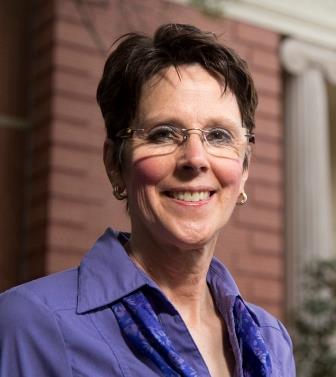
Dr. Brown is the Josiah Meigs Distinguished Teaching Professor in the Department of Pathology at the University of Georgia, where she developed a popular elective in international veterinary medicine and works mentoring veterinary students interested in global animal health. In addition to her work at UGA, she has provided numerous courses, workshops and seminars around the world, often in resource-challenged areas. She has won numerous education awards, including being named the AVMA’s International Veterinarian of the Year in 2013 and was twice named the national SAVMA Teacher of the Year. The author of 23 book chapters and author or co-author of 176 publications, she balances teaching and speaking worldwide with an educational research program in transboundary disease that has received USDA and NIH funding.
The Patricia M. Lowrie Diversity Leadership Scholarship recognizes veterinary students who have demonstrated exemplary promise as future leaders and have made significant contributions to enhancing diversity and inclusion in academic veterinary medicine. The $6,000 Lowrie scholarship honors individuals who have been consistent champions of addressing inequities and under-representation in the veterinary profession; have advocated for social justice; and, who have advanced valuing diversity and inclusion at AAVMC member institutions.
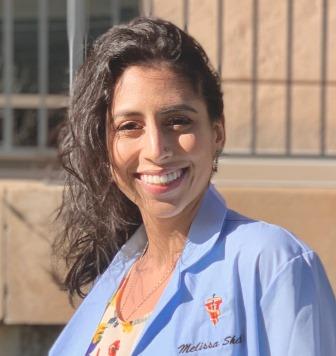
Melissa Sheth
Ms. Sheth has demonstrated leadership at UW-SVM by serving as the clinic administrator for a community veterinary clinic that provides services for low-income and homeless families. She also served as chapter president of Veterinarians for One Inclusive Community for Empowerment (VOICE) and an instructor for a program that aims to help students, particularly students of color and those from lower-income families, to successfully transition from middle and high school into and through college, as well as other diversity and inclusion initiatives.
Record Year for Admissions Detailed
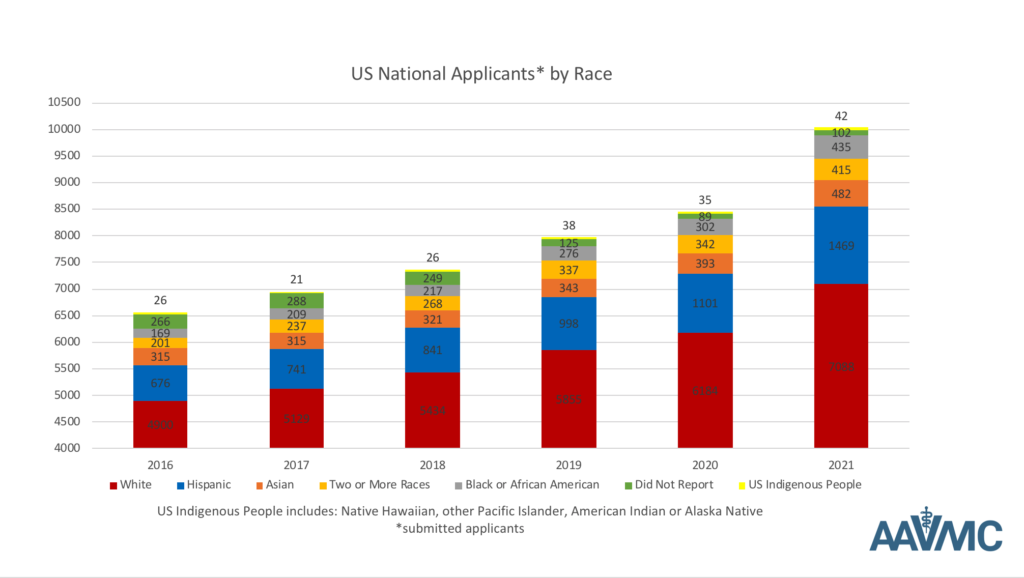
A more detailed analysis of the 2021 VMCAS cycle authenticates the huge 19% increase in year-over-year application rates. It also demonstrates that progress was made in the recruitment of underrepresented minorities, particularly Hispanic, and increases in the submission rate.
Overall, there were 13,036 unique individuals that initiated a VMCAS application and 10,273 of them submitted.
Those 10,273 applicants submitted a total of 50,234 applications; on average, candidates applied to 4.89 programs. More specifically, 29% applied to one to two programs, 36% applied to three to five programs, and 35% applied to six or more programs.
Beyond the cloud of the pandemic, this year’s cycle was different because it opened on January 21, 2020 instead of the usual opening date in mid-May. Because of problems associated with the pandemic, the AAVMC, as well as many colleges and schools, introduced more flexibility into the process.
For example, because some schools could not produce official transcripts on deadline, unofficial transcripts were provisionally accepted. Some schools relaxed standards such as the amount of relevant experience that candidate’s had.
Director for Admissions and Recruitment Ms. Diana Dabdub said the submit rate, which has averaged about 72-73% over the past eight-nine years, climbed to about 79%. She attributes that to increased communication and nurturing of the applicant pool.
Though efforts were undertaken to reduce the flurry of last-minute applications, almost 5600 of those applications were filed during the last week of the application period.
In terms of the recruitment of underrepresented minority populations, the year over year increase in the number of Black applicants climbed from 302 to 435; the increase in Hispanic applicants rose from 1101 to 1469, and the number of Asian applicants increased from 393 to 482.
On a year-over-year basis, the percentage of White applicants dropped from 71.5% to 69.1%, the number of Black applicants rose from 3.5% to 4.2% and the number of Hispanic applicants rose from 12.7% to 14.3%, and the number of Asian American applicants rose from 4.5% to 4.7%.
In terms of age and gender, 82.9% of applicants were between 19 and 24 years old and 84.5% were female and 15% were male.
New AVMA/AAVMC Commission for a Diverse, Equitable and Inclusive Veterinary Profession Established
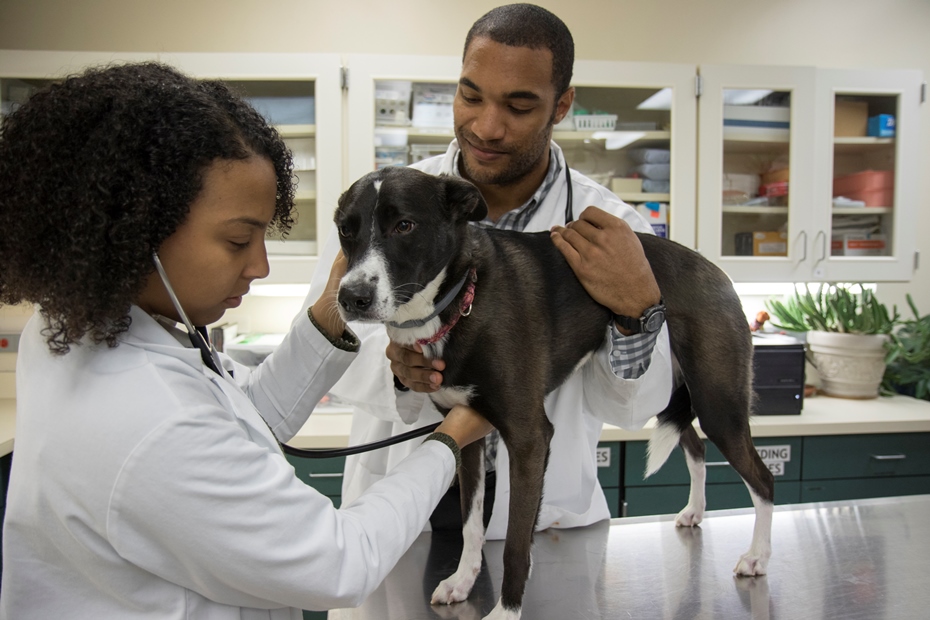
The American Veterinary Medical Association (AVMA) and the American Association of Veterinary Medical Colleges (AAVMC) are collaborating on a new commission that will lead a coordinated and comprehensive effort to enhance diversity, equity and inclusion (DEI) throughout the veterinary profession.
“The launch of the Commission for a Diverse, Equitable and Inclusive Veterinary Profession brings together veterinary organizations committed to serving as champions for social justice and DEI,” Dr. Douglas Kratt, president of the AVMA, and Dr. Mark D. Markel, president of the AAVMC, said in a joint statement.
Despite years of efforts, the veterinary profession does not fully reflect the diversity of the society we have all taken an oath to serve. Ensuring a diverse, equitable and inclusive profession is essential to meeting the needs of an evolving and changing world. Therefore, driving and expanding a sustainable diverse pipeline and ensuring welcoming workplace environments going forward is critical.
“Sustainable, long-term change can only come about if dedicated and influential partners from across our profession, including academia and industry, join together to identify challenges and implement solutions,” Kratt and Markel said. “The commission will establish actionable goals that promote DEI throughout the veterinary community.”
The commission’s co-chairs will be Dr. Christine Jenkins, chief medical officer and vice president, veterinary medical services and outcomes research, U.S. operations at Zoetis Inc., and Dr. Ruby L. Perry, secretary of the AAVMC and dean of the Tuskegee University College of Veterinary Medicine.
“I commend the leadership of our professional organizations at the AVMA and AAVMC for noting that there is a need and now is the time to act to make our profession more diverse, equitable and inclusive,” said Perry. “Amongst the many changes 2020 has brought, the cries for social justice and diversity partnered with equity and inclusion have been the themes echoed both nationally and globally. I am also honored to co-chair this new commission with Dr. Christine Jenkins, who is one of our college’s faithful alumna and a strong advocate for veterinary medical education, as we all work together to make a lasting difference in the future of the veterinary medical profession.”
“In collaboration with other committed stakeholders, I am confident we will develop an effective, relevant strategy that helps us transform veterinary medicine into a more diverse, inclusive profession to meet the evolving needs of the clients and customers we serve and the animals in their care,” Jenkins said.
The commission’s organizational members also include the American Animal Hospital Association (AAHA), Veterinary Medical Association Executives (VMAE), National Association of Veterinary Technicians in America (NAVTA), Veterinary Hospital Managers Association (VHMA) and Student American Veterinary Medical Association (SAVMA). Each organization will designate a commission representative.
Additionally, the AVMA and AAVMC are currently working with veterinary affinity groups including the Multicultural Veterinary Medical Association, as well as industry and other stakeholders, to select six additional persons with expertise or interest in DEI. A larger advisory group will support the mission of the commission, including critical feedback and idea generation.
The commission will establish actionable outcomes for short-, medium- and long-term goals with defined timeframes. Initial goals for the commission will include:
- Promoting the value of DEI throughout the veterinary profession
- Increasing diversity among veterinarians, veterinary school applicants and enrollees, interns, residents and board-certified specialists
- Encouraging and assisting veterinary medical associations and animal health companies to measure and improve DEI
The commission’s initial meeting will be scheduled as soon as full membership is determined. Because of the pandemic, the commission is expected to meet virtually, at least for the near future.
AAVMC Embarks on Faculty and Clinician Wellbeing Initiative

While student wellbeing is certainly a priority in academic veterinary medical education, the wellbeing of our academic faculty and clinicians is also crucial to student success and overall community wellbeing.
To better support academic faculty and clinicians, the AAVMC is collaborating with the American Association of Veterinary Clinicians (AAVC) to conduct the Faculty and Clinician Wellbeing Initiative, sponsored by Zoetis. This initiative will seek to identify the stressors academic faculty and clinicians experience and also amplify the organizational practices that are enhancing or protecting their wellbeing. The data collected will result in organizational recommendations that focus on systemic change initiatives and the development of assessment metrics and evaluation methods.
“The data that the profession has from the 2017 and 2020 Merck Veterinary Wellbeing Study indicates overall that issues like student loan debt, personal distress, and occupational stress lead to burnout within the profession,” said Ms. Makenzie Peterson, the AAVMC’s director for wellbeing. “This wide-scale initiative will look at stressors that are specific to academic faculty and clinicians, starting with veterinary interns and residents, and what can be done to support and amplify their wellbeing from a systemic perspective.”
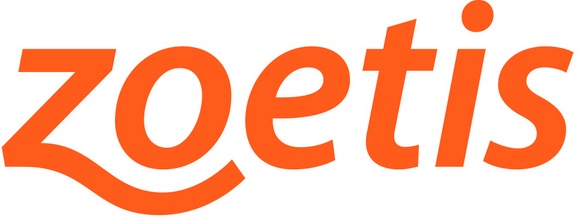
The AAVMC developed a survey tool this past summer to explore factors impacting interns and residents and their access to resources and treatment – particularly around the topics of physical health, mental health, and professional mentorship. An IRB-approved survey has been disseminated through US member leadership for distribution to interns and residents with the data collection window closing at the end of December. The survey results and organizational recommendations will be presented at the AAVMC’s annual meeting in March 2021 and to the AAVC. The survey will eventually be expanded to our international members. In spring 2021, AAVMC will begin the second phase of the Faculty and Clinician Wellbeing Initiative and disseminate a survey for all faculty members.
“Veterinary mental health and wellbeing is one of the most significant challenges facing our profession today, which is why Zoetis has had a long-standing commitment to being part of the solution,” said Tara Bidgood, DVM, PhD, Diplomate ACVCP, Executive Director, Veterinary Professional Services, Zoetis Petcare (a U.S. business unit of Zoetis). “Zoetis is proud to sponsor this important study that will help us better understand the profession’s wellbeing needs, will raise awareness about this topic, and will develop training programs to aid veterinary professionals as they navigate these challenges.”
As an AAVMC strategic plan priority, enhancing wellbeing for all members of our academic communities is integral to the association’s mission and goals.
Volunteer on AAVMC Committees

Are you looking for an opportunity to expand your network and make a larger contribution in academic veterinary medicine? Why not consider volunteering to serve on an AAVMC committee?
AAVMC volunteers provide the insights and suggestions that help shape the future of veterinary medical education and are the lifeblood of the association. Right now a number of opportunities for service exist, and AAVMC member institution employees are invited to consider applying.
Opportunities are available on the Data Committee, the Admissions and Recruitment Committee, the Advocacy Committee, and the Diversity, Equity and Inclusion Committee and the Council on International Veterinary Medical Education (CIVME).
Candidates interested in volunteering for committee positions can find out more information through AAVMC CONNECT by visiting the volunteer list here. Interested faculty members who are not registered on the connect site or those interested in the CIVME vacancy can contact AAVMC Manager for Member Engagement Ms. Lawann V. Blunt at lblunt@aavmc.org or their associate dean for academic affairs.
Candidates interested in volunteering can find out more information through AAVMC CONNECT by visiting the volunteer list here. Interested faculty members who are not registered on the connect site can contact AAVMC Manager for Member Engagement Ms. Lawann V. Blunt at lblunt@aavmc.org or their associate dean for academic affairs.
Applications for committee service must be filed by January 11, 2021.
All committee members are appointed by the AAVMC President, and committee terms commence at the conclusion of the March 2021 Annual Conference.
Annual CIVME Grants Program Open Until January 29th, 2021
The current cycle of the CIVME Research Grant Program and the CIVME MSD Animal Health Antimicrobial Stewardship Grant Program (ASGP) will remain open until January 29th, 2021 at 11:00 am EST. Applications will be reviewed during February 2021 and the grant recipients will be announced during the 2021 AAVMC meeting.
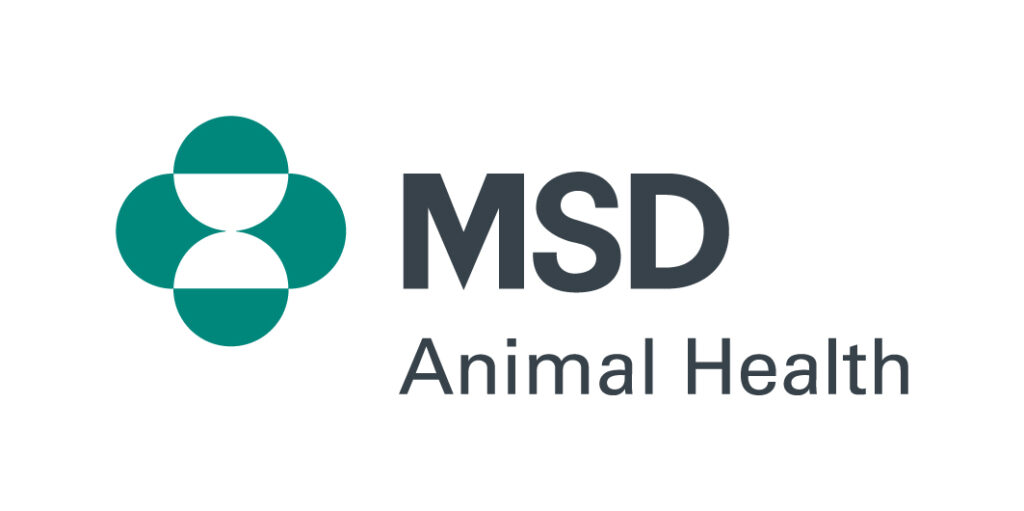
CIVME has further developed the program this year by differentiating between Educational Research Projects (ERP) and Educational Exchange Projects (EEP) within the grant program.
The CIVME MSD Animal Health Antimicrobial Stewardship Grant Program has expanded this year and will now fund up to two grant recipients. The application process for all CIVME grant programs has been streamlined and placed online to improve the applicant experience.
Click here for instructions for the CIVME Research Grant and the CIVME MSD Animal Health Antimicrobial Stewardship Grant and apply online.
AAVMC President Markel Elected to National Academies of Practice
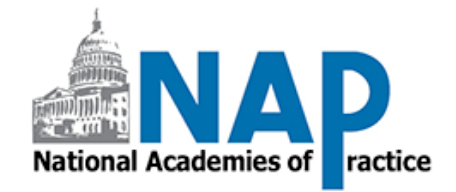
Dr. Mark D. Markel, the Vilas Distinguished Achievement Professor and Dean of the School of Veterinary Medicine (SVM) at the University of Wisconsin-Madison and President of the AAVMC, has been elected a Distinguished Fellow of the National Academies of Practice in Veterinary Medicine.
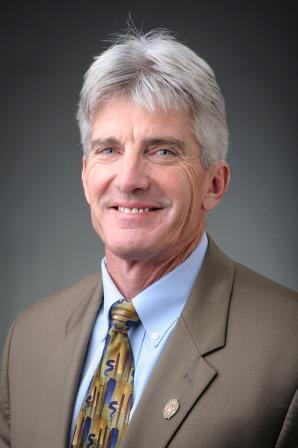
NAP is a non-profit organization founded in 1981 to encourage interprofessional collaboration and excellence in the health care professions and advise governmental bodies on the healthcare system. Distinguished practitioners and scholars from different health professions are elected by their peers to the NAP, which is dedicated to supporting affordable, accessible, coordinated quality healthcare for all.
Class of 2021 Fellows will be formally inducted during the NAP’s Virtual Annual Meeting & Forum March 18-20, 2021. This year’s forum title is “NAP’s 40th Interprofessional Celebration: Advocating, Advancing and Thriving Together.”
Dr. Markel earned his DVM degree from the University of California-Davis and his PhD from the Mayo Graduate School of Medicine. He is a Diplomate of the American College of Veterinary Surgeons (ACVS).
Dr. Markel has been a UW-Madison faculty member since 1990, conducting research in comparative orthopedics focused on bone, tendon and cartilage regeneration. He is a member of the Stem Cell & Regenerative Medicine Center and holds affiliate positions in the Department of Orthopedic Surgery and Rehabilitation at the School of Medicine and Public Health and in the Institute on Aging.
He currently also serves as the world-wide veterinary representative on the board of directors for the AO Foundation, the world’s largest non-profit orthopedic foundation, based in Switzerland. He is a past president of the ACVS Board of Regents.
PennVet Faculty Member Beltran, USDA’s Vincent Elected into National Academy of Medicine
Election into the prestigious National Academy of Medicine recognizes a career of distinguished service and achievement and is considered one of the consummate honors for a medical professional. While the Academy includes a little more than 20 veterinarians, the vast majority are physicians.
One faculty member from an AAVMC member institution was elected to the NAM this year: William Anthony Beltran, DVM, PhD, professor of ophthalmology and director, Division of Experimental Retinal Therapies, Department of Clinical Sciences and Advanced Medicine, School of Veterinary Medicine, University of Pennsylvania.
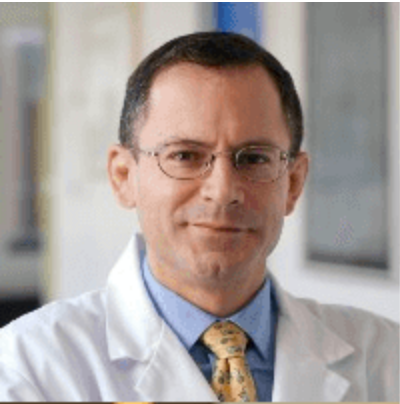
Dr. Beltran was recognized for translational research that has provided the scientific community with several clinically relevant large-animal models of inherited retinal degeneration, which he has used successfully to test neuroprotective, optogenetic, and gene therapy strategies, and which have led to clinical trials.
A second veterinarian who is not in academia was also inducted: Amy L. Vincent, DVM, PhD, research veterinary medical officer and lead scientist, Agriculture Research Service, National Animal Disease Center, U.S. Department of Agriculture. Dr. Vincent was recognized for her groundbreaking research that led to improved vaccines and surveillance for swine influenza, characterization of vaccine-associated enhanced disease in a swine influenza model, and characterization of pandemic potential for swine influenza viruses.
Current veterinarians in the academy are seeking qualified candidates from member institutions that have outstanding scholarly records and are in active stages of their careers. They are particularly interested in identifying veterinary-scientists from underrepresented regions (in the United States and internationally) that will advance the diversity, equity, and inclusion goals of the National Academies.
Interested candidates are invited to contact National Academy of Medicine members for more information. Dr. Michael Lairmore, AAVMC Past-President and Dean of the University of California-Davis School of Veterinary Medicine Dr. Michael Lairmore; Dr. Stuart Reid, Principal at the Royal Veteirnary College at the University of London, and Dr. Guy Palmer, who holds the Jan and Jack Creighton Endowed Chair and is Senior Director of Global Health at Washington State university’s Paul G. Allen School for Global Animal Health, are all current members. Potential candidates wishing to view a NAM directory may click here.
Established in 1863 during the Lincoln administration as the National Academy of Sciences, the non-profit, private organization exists to provide expert advice and counsel on scientific matters for the federal government and others.
Over the past 150 years, the organization has evolved to include the National Academy of Engineering, the National Academy of Medicine, and the National Research Council. Its membership includes more than 300 Nobel laureates.
In the News
How Animals Can Help Us Demystify Viruses
Popular Science
It’s Time to Start Preparing Fluffy and Fido for Post-Pandemic Life
Washington Post
Veterinary College Applicants Increased by 19%
JAVMA
Taking Care of Our Veterinary Students (Opinion)
dvm360
Two Vaccine Trials Show Promising Results, but There’s Still a Long Way to Go
The Denver Channel
UF Veterinary Pathologist Seeks Justice for Animal Abuse Cases Ending in Death
Main Street Daily News
Dog Ticks More Likely to Choose Humans Over Canines When Temperatures Rise
SciTech Daily
Boehringer Ingelheim, KSU Partner to Invest in Future of Vet Medicine
KFEO-AM
MU Research Project to Study COVID-19 Immunity
Lake News Online
Joint Effort Notes Actionable Goals to Enhance Inclusion
Veterinary Practice News
AVMA, AAVMC Kick Off Diversity Initiative
Today’s Veterinary Business
Uniting Against an Invisible Foe
Technology.org
K-State Studies Focus on SARS-CoV-2 Transmission in Domestic Cats, Pigs
Ag Update
Researchers Aim to Mitigate COVID-19 in Meat and Poultry Processing Facilities
High Plains Journal
Tailoring Treatment for Triple-Negative Breast Cancer
Vet Candy
Yes, You Can Totally Have A Codependent Relationship With Your Dog
Bustle
UF Vets Use New Treatment to Save Louie,the Trailblazing Seahorse
The Gainesville Sun
Hill’s Partners with KSU for Pet Health and Nutrition Center
WIBW
As Veterans Wait for Service Dogs, this Researcher is Giving Them a Voice Through Science
Medical Xpress
On Being Black in a Very White Veterinary Profession
VIN
The Dangers of Bushmeat: Interviewing Hunters and Consumers
Geographical
How Resilient Are Dogs to Stressful Experiences?
Psychology Today (blog)
From Our Members
Face Masks Pose a Health Risk to Animals
Tufts University
Virginia Tech’s Animal Cancer Care and Research Center Opening a Grand Occasion for Region’s Pets
Virginia-Maryland
Hyper-sensitive Cell Sleuth Holds Key to HIV Cure
Cornell University
UV Light May be a Greater Risk for Melanoma Than Suspected
Washington State
NIH Extends Funding of Research Into Deadly Nipah Virus
Cornell University
Nelson Receives NC State Veterinary Medicine Distinguished Alumni Award
North Carolina State
Virginia Tech Researchers Receive a $2 Million NIH Grant to Develop Zika Virus Vaccine
Virginia-Maryland
People in Motion
Professor Tim Parkin, a specialist in population medicine within the European College of Veterinary Public Health, has been appointed as the new Head of the Bristol Veterinary School at the University of Bristol.
Dr. Rustin Moore, Dean at Ohio State’s College of Veterinary Medicine, was reappointed for another five-year term.
“Like” us on Facebook or follow us on Twitter:




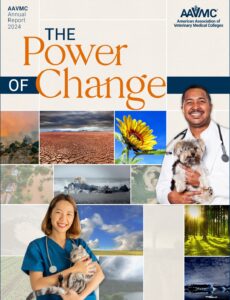


SHARE